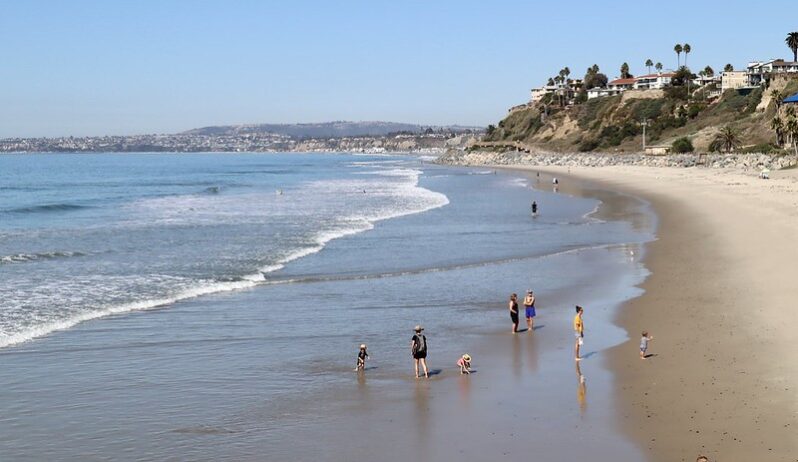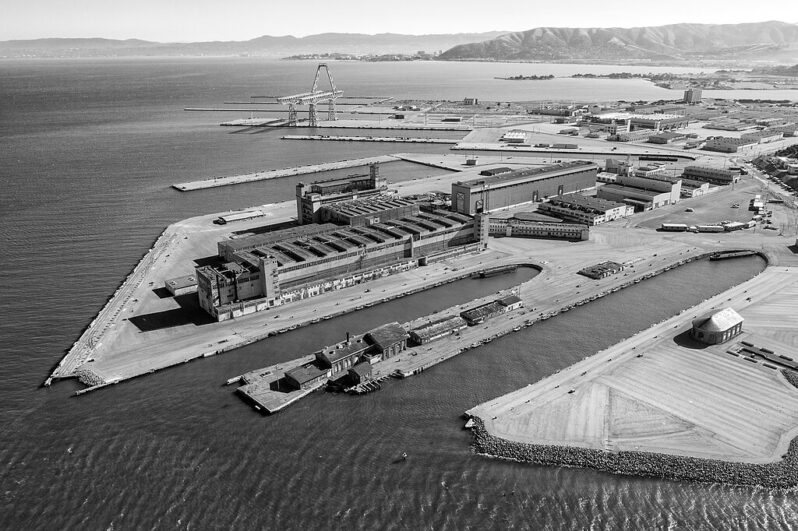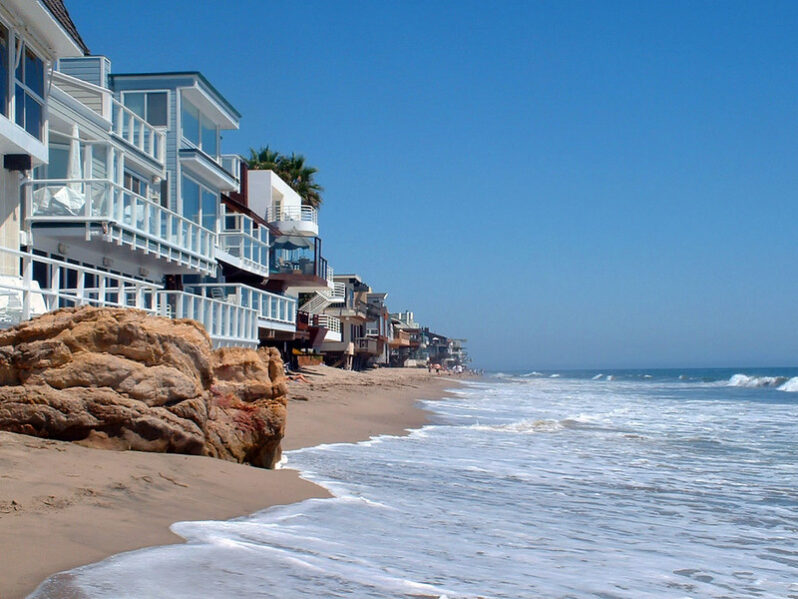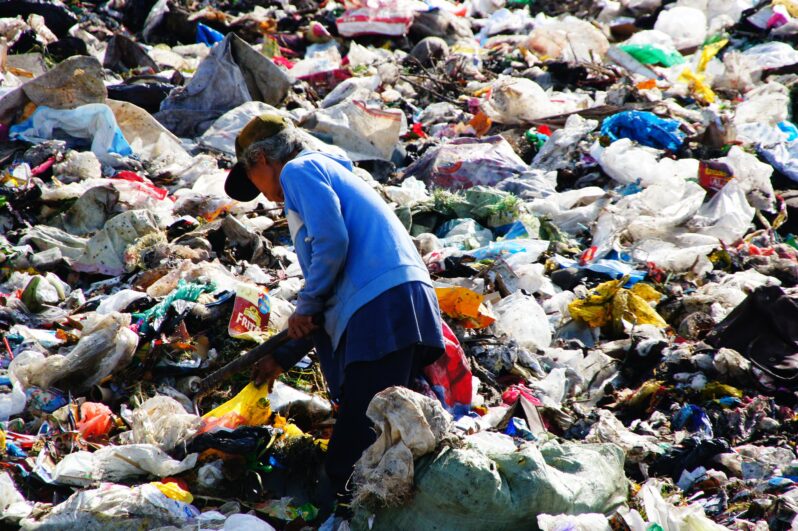San Clemente’s ‘sand czar’ looks to turn back the tide of coastal erosion – the Los Angeles Times

Before becoming San Clemente’s new coastal administrator last year, the beach has always held a nostalgic place in Leslea Meyerhoff’s heart. “Some of my earliest memories are walking the beach in Santa Monica with my grandma,” she said. “I also recall fond times boogie boarding, collecting seashells or just enjoying a stroll at the beach.”..
Prolonged S.F. shipyard cleanup moves into final phase focused on offshore ‘toxic hot spot’ – the San Francisco Chronicle

An environmental cleanup that, for more than two decades, has sought to cleanse San Francisco’s former Hunters Point Naval Shipyard of its alarming history of radioactive and industrial pollution is on the verge of entering its final phase — underwater….
California kelp – Oceanographic

Off Monterey, the Edges of Earth expedition team falls in love with the vibrant, dense kelp forests of the region….
The California sand wars: As beaches shrink, neighbors and cities fight for what’s left – the Los Angeles Times

California is a place of magnificent tectonic forces that lift mountains only for them to be constantly eroded by glaciers, wind and rain, ground down to one of the most basic commodities on Earth: sand…
Many plastics in Bay Area blue bins end up in landfills. Here’s what is actually recycled – the San Francisco Chronicle

This week, California Attorney General Rob Bonta sued ExxonMobil for perpetuating what he called a decades-long fantasy: that the world’s plastics problem would just disappear with better recycling…
The Cure for Disposable Plastic Crap Is Here—and It’s Loony – Wired Magazine

Stretchy seaweed, reverse vending machines, QR-coded take-out boxes: They’re how we can break society’s absurd addiction to single-use plastics…
Billionaire accused of stealing sand from Malibu’s Broad Beach, lawsuit says – the Los Angeles Times

A lawsuit filed last week alleges that Mark Attanasio, billionaire businessman and owner of the Milwaukee Brewers baseball team, has been using excavators to dig up sand from Broad Beach and carry it back to his house as part of an ongoing construction project…
The Very Hungry Urchins – Hakai Magazine

Researchers are restoring the Caribbean’s surprising, spiky custodians, which gobble up the algae smothering coral reefs…
Does the plastics industry support waste pickers? It’s complicated – Grist Magazine

The people who clean up the world’s trash say some companies’ statements of support are little more than lip service…
